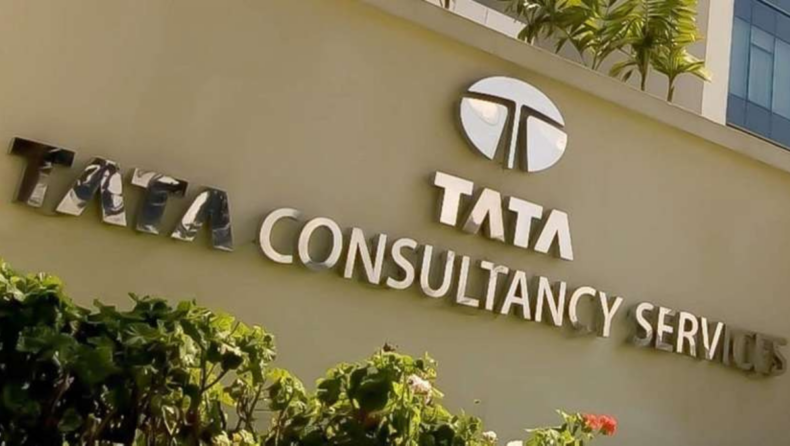29 non-official members were inducted on the Board of Trade. The board offers policy recommendations to the government on the country’s foreign trade.
The Board of Trade, a leading advisory body on external trade, now includes 29 non-official members from large and small businesses and other sectors that have been selected by the government. Rajesh Gopinathan, the chief executive officer of Tata Consultancy Services, and Sanjay Nayyar, the chairman of KKR India, are among the new members.
The Board, which is presided over by Minister of Commerce and Industry Piyush Goyal, offers policy recommendations to the government on how to enhance the nation’s foreign trade.
According to a notification released by the Centre, other non-official members include Pasha Patel, a former member of the Maharashtra Legislative Council; Pankaj Mahindroo, chairman of the India Cellular and Electronics Association; Praveen Khandelwal, secretary general of the Confederation of All India Traders (CAIT); Om Prakash Mittal, executive member of the Laghu Udyog Bharati; and RS Sodhi, managing director of the GCMMF (Amul).
The secretaries of the departments of revenue, commerce, ministry of health, and agriculture, as well as the deputy governor of the Reserve Bank of India and the chairman of the Central Board of Indirect Taxes and Customs (CBIC), would be included among the official members.
According to an official statement, the government combined the Council of Trade Development and Promotion and the Board of Trade in 2019 to increase coherence in the consultation process with all stakeholders to encourage exports and imports.
Terms of Reference
The non-official Board of Trade members’ terms of reference include giving states and union territories a platform to express state-oriented perspectives on trade policy; acting as facilitators for District Export Hub events like sensitization workshops; and identifying and promoting identified products.
Additionally, they would facilitate a mechanism for discussion on the operationalization of the trade infrastructure, review import and export procedures, recommend steps to rationalise use, and advise the government on policy measures for the preparation of short-term as well as long-term measures to increase exports, according to the notification. They would also assist states in developing and pursuing export strategies in line with their national foreign trade policy.













